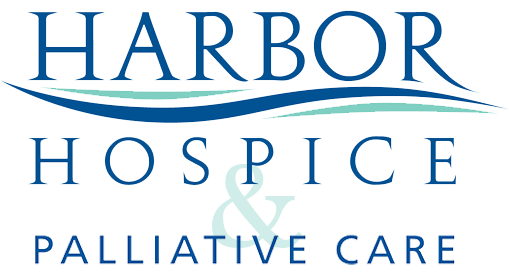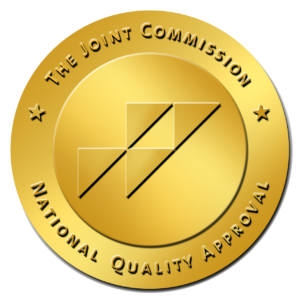By Lisa Watson, LPC
If you don’t know where to start
- It’s impossible to know exactly how you’ll feel. Take care of your health, get adequate sleep, and find ways to be active.
- Approach the holidays with curiosity rather than expectancy. It may surprise you how you cope with important days. There is no right or wrong way.

- Set limits. Only do things that are important to you.
- Avoid overdoing it. Sometimes we keep busy to stay distracted from pain. Remember pain in grief serves a purpose.
- Recruit help. Be kind to yourself and allow loved ones to help.
If you’re worried about facing others
- Be prepared with a canned answer. “I’m doing OK” or “some days are better than others” is completely acceptable.
- Don’t be afraid to cry in public. Surround yourself with people who are good listeners, people will be understanding.
- Prepare an exit strategy. Only commit to certain times after events begin. Create a reason to leave if you need to, even to go home.
If you know children who are grieving
- Involve them in making a decoration in honor of their loved one. This encourages them to share memories and express feelings freely.
- Make a memory box or scrapbook together. Decorate it for the season and fill it with pictures and special items.
- Ask children and others what they miss about their loved one. This gives everyone an opportunity to share a memory and acknowledges that this special person is not here.
Facing the years ahead
- What you choose to do the first year can always change. Experiment with new family rituals. There are many ways to honor your loved one on special days
Article published in Senior Perspectives November-December 2022 Issue (distributed and published by Senior Resources)








